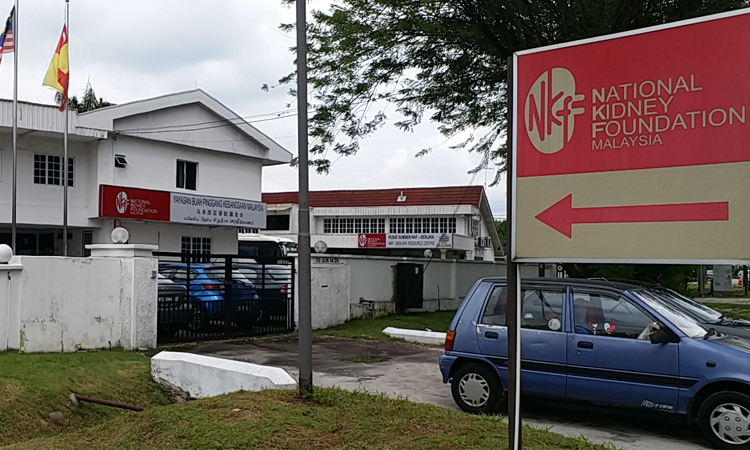- About
- Kidney Disease
- Public Education
- Treatment
- Patient Welfare
- Training
- Events
- SUPPORT US
- News
- Research


CHRONIC KIDNEY DISEASE
Chronic Kidney Disease (CKD) means a condition that damages one’s kidneys. It decreases kidney’s ability to keep one healthy by doing their functions.
CKD is a common, life-threatening illness that often goes undetected until very advanced.
CKD may progress slowly over a long time. A lot of people are not aware that they have kidney disease until it’s severe. If it’ found and treated early, CKD may often be slowed down or stopped.
The risk factors for CKD include:
Annual Health Screening is vital to check whether your kidneys are healthy.
You should visit your doctor or clinic and get tested. Your checkup should include:
– Protein is an important building block in your body. Any filtered protein is normally reabsorbed and kept in your body.
When your kidney are damaged, however, protein leaks into your urine.
– There are different tests to check for protein in your urine. If you have two positive tests over several weeks, you are said to have persistent protein in your urine. This is a sign of CKD.
– Creatinine is a waste product that comes from muscle activity.
– Your kidneys normally remove creatinine from your blood. When your kidneys are damaged, however, your blood creatinine may build to a high level.
– The results of your test should be used to estimate your Glomerular Filtration Rate, or GFR. Your GFR tells how much kidney function you have.
Your doctor will want to pinpoint your diagnosis and check your kidney function to help plan your treatment. The doctor may do the following:
Calculate your GFR, which is the best way to tell how much kidney function you have. You do not need to have another test to know your GFR. Your doctor can calculate it from your blood creatinine, your age, race and gender. Your GFR tells your doctor your stage of kidney disease and helps the doctor plan your treatment. (See the chart below on “5 Stages of Chronic Kidney Disease”)
Perform an ultrasound or CT scan to get a picture of your kidneys and urinary tract. This tells your doctor whether your kidneys are too large or too small, whether you have a problem like a kidney stone or tumor and whether there are any problems in the structure of your kidneys and urinary tract.
Perform a kidney biopsy, which is done in some cases to check for a specific type of kidney disease, see how much kidney damage has occurred and help plan treatment. To do a biopsy, the doctor removes small pieces of kidney tissue and looks at them under a microscope.Your doctor may also ask you to see a kidney specialist (nephrologist) who will consult on your case and help manage your case.
| Stage | Description | GFR Level mL/ min |
| At increased risk | Risk factors for kidney disease (e.g, diabetes, high blood pressure, family history, older age) | 90 or more |
| 1 | Kidney damage with normal or higher GFR | 90 or more |
| 2 | Kidney damage and mild decrease in GFR | 60 to 89 |
| 3 | Moderate decrease in GFR | 30 to 59 |
| 4 | Severe decrease in GFR | 15 to 29 |
| 5 | Kidney failure (dialysis or kidney transplant needed) | Less than 15 |
Early detection and treatment can often slow or stop CKD. How well your treatment can achieve this goal depends on:
